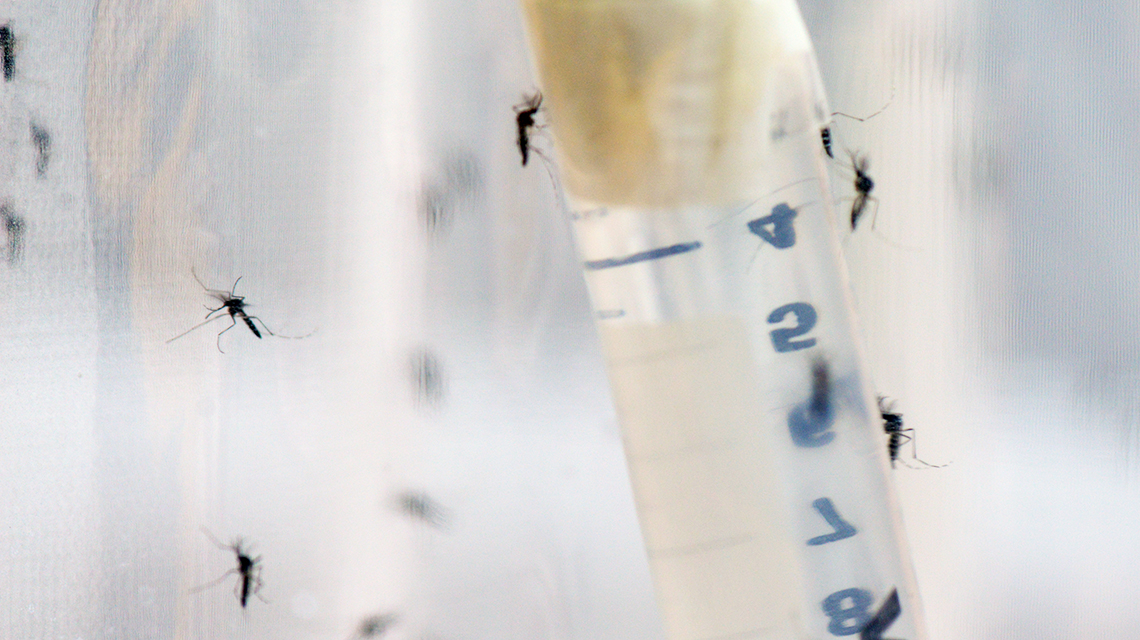In a fortunate twist of fate, scientists have stumbled upon a naturally occurring strain of bacteria that could potentially halt the transmission of malaria from mosquitoes to humans. The breakthrough came when a colony of mosquitoes in an experiment unexpectedly did not develop the malaria parasite.
Conducted at a research facility in Spain under the auspices of the GSK pharmaceutical company, the researchers were using the mosquito colony for drug development purposes when they noticed a decline in the infection rate. The mosquitoes seemed to have become resistant to the malaria parasite.
Further investigation revealed that a specific strain of bacteria, TC1, naturally present in the environment, had effectively halted the development of the malaria parasites in the mosquitoes’ guts. The bacteria, once it colonizes the mosquito, remains active throughout the insect’s entire lifespan.
Studies indicated that the bacteria secreted a small molecule called harmane, which inhibited the early stages of the malaria parasite’s growth in the mosquito’s gut. Harmane could be ingested orally by the mosquito if mixed with sugar or absorbed through its cuticle on contact, suggesting the possibility of treating resting areas with the active compound.
Published data in Science magazine demonstrated that the bacteria reduced a mosquito’s parasite load by up to 73%. This remarkable discovery has opened the door to a new intervention method in the fight against one of the world’s oldest and deadliest diseases.
Further trials are now being conducted at MosquitoSphere, a contained field research facility in Burkina Faso, to assess the effectiveness and safety of using harmane on a larger scale in real-world scenarios. The ultimate goal is to develop this bacteria-based intervention into a product that can be deployed globally to combat malaria.
Malaria remains a significant global health concern, claiming the lives of around 620,000 people annually, with children under the age of five being particularly vulnerable. While vaccines are in development, their deployment is still in the early stages, especially in African regions most affected by malaria.
Gareth Jenkins from the charity Malaria No More praised the new discovery, stating that with a robust innovation pipeline, it is possible to eliminate the threat of malaria in our lifetimes. This fortuitous breakthrough offers new hope in the ongoing battle against this deadly disease.
